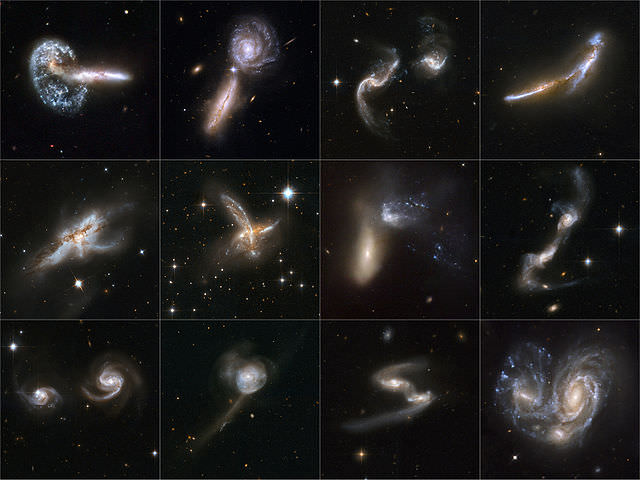
- Stuart Lynn, astrophysicist / map scientist
- Edinburgh –> Brooklyn
- likes data for social good, public participation in science, data visualization, tinkering and making
- Mozilla Festival speaker, hackfest organizer, open innovation leader
“I’m a researcher and a data scientist specializing in mapping data online. We turn geospatial data into beautiful maps and visualizations, working with journalists and nonprofits. The goal is to uncover insights that can be used to help make decisions.
Success for me personally means: empowering others to make an impact. “Open” means others can join what you are doing and combine their data.
This can reveal patterns. The open web and open data give you access to this broader context — for your own personal data and for others.

We partnered with Mozilla to run a hack day in New York City. Thirty people came and spent forty hours working on a space apps challenge as part of a NASA competition. I also attended the Mozilla Festival and got to meet others interested in the topic, and from those connections, we started a planetary sciences project. Together we built a Mars Geocoder. You can ask about a given location on Mars, and it will give you the US government name.

Increasing public participation in science is important. When I was working on my PhD in Scotland I would always talk to people about the universe. That continued when I worked at Zooniverse, and got involved in citizen science.
Helping people think about and analyze data can help them make better decisions and improve their lives.

Mozilla is good at creating networks and providing opportunities for people to meet and spark collaborations. At the Mozilla Festival, for example, our project was in both the science and journalism tracks, and we interacted with folks from advocacy and privacy. It’s rare that those communities come together.
That’s actually what Mozilla does best: help people cross boundaries.
It’s impressive how many people Mozilla touches who are not part of the core organization. They’re good at movement building. They enable cross-discipline collaborations.
They help people hear each other’s voices.
It’s valuable to have an organization focused on generating those discussions and pushing those agendas. Otherwise, it’s hard to find time and breathing space to have those conversations, and think about these things.”